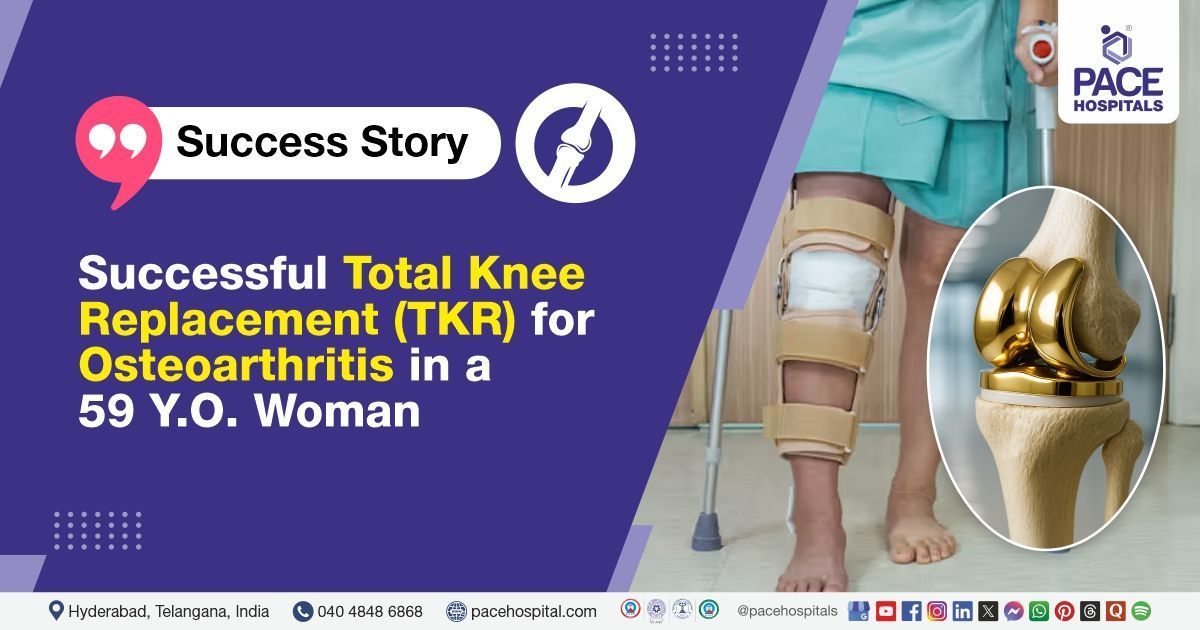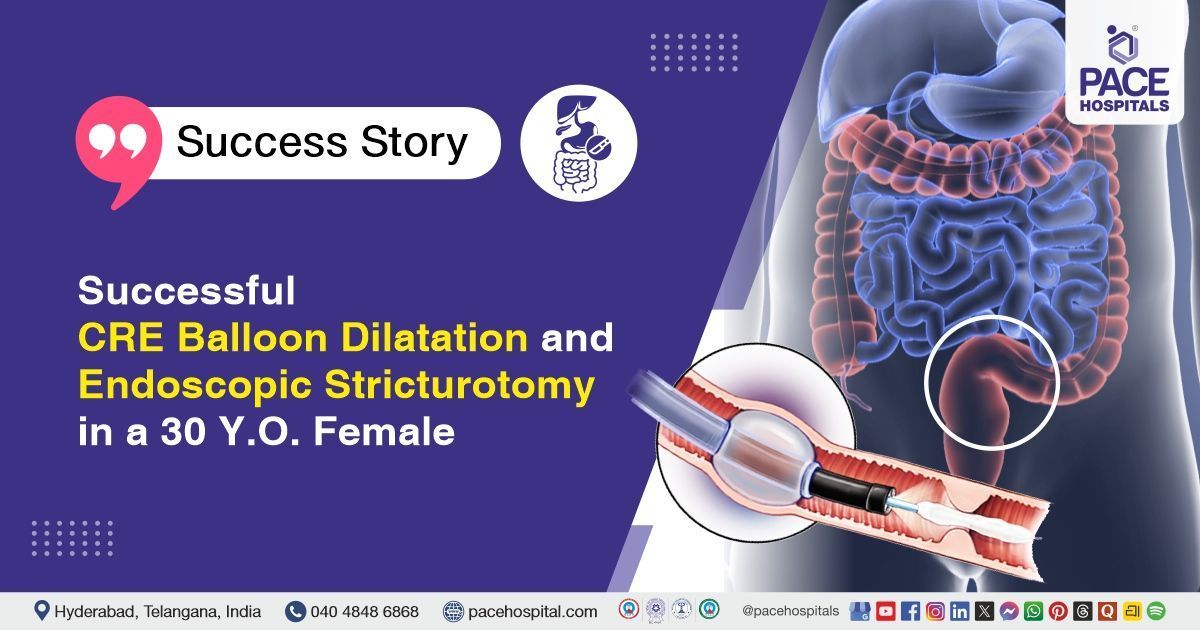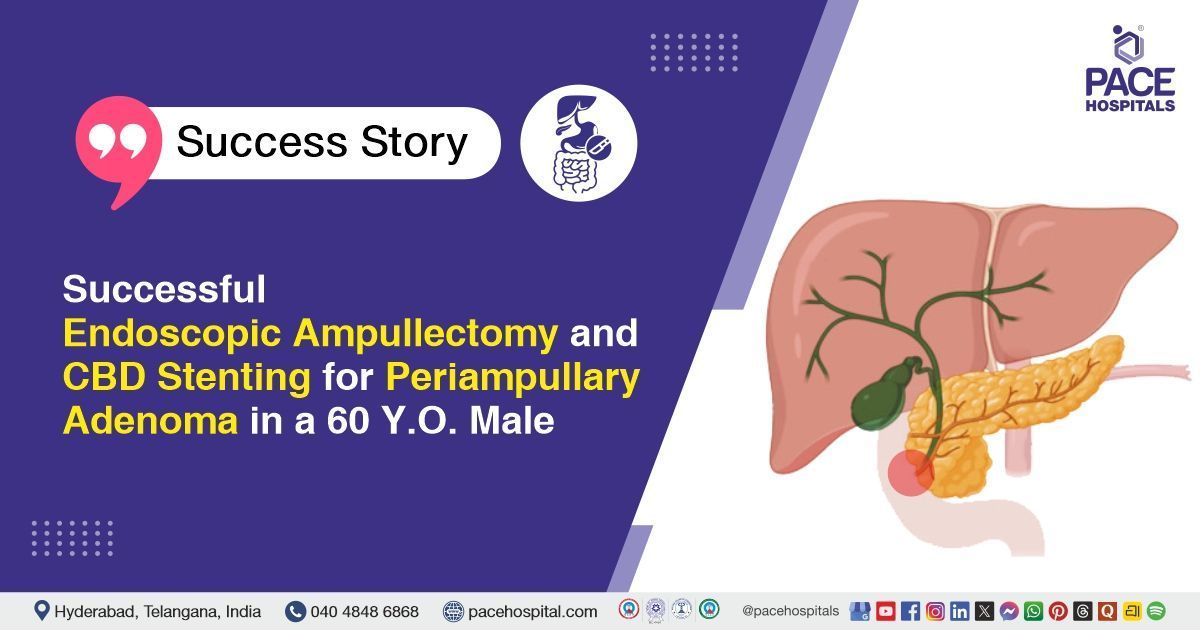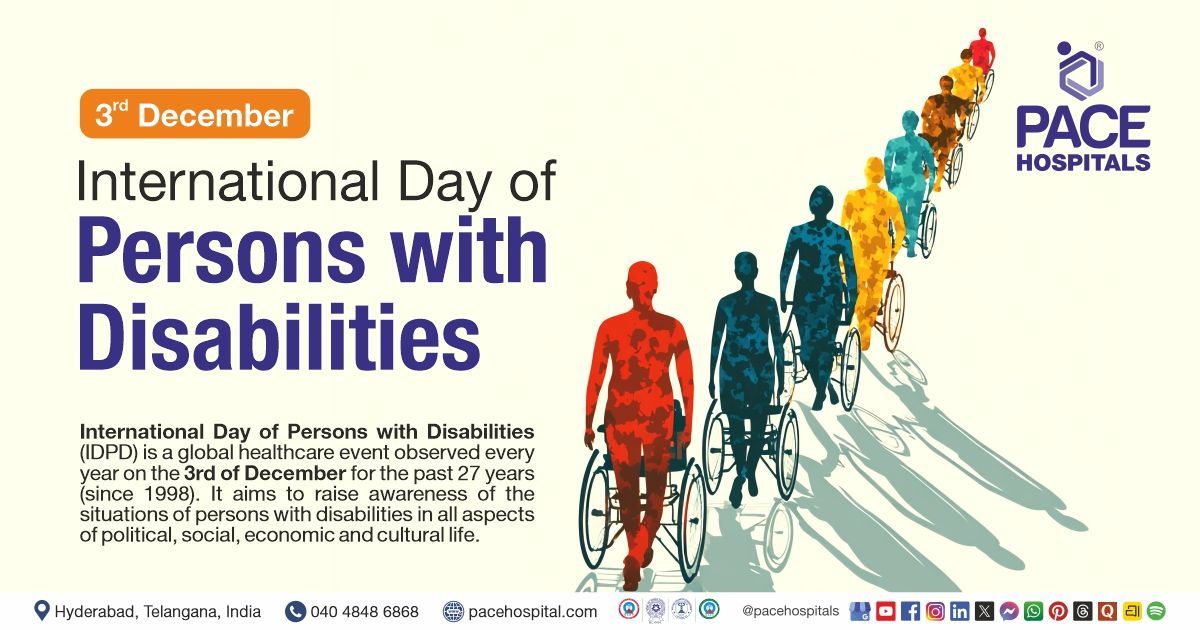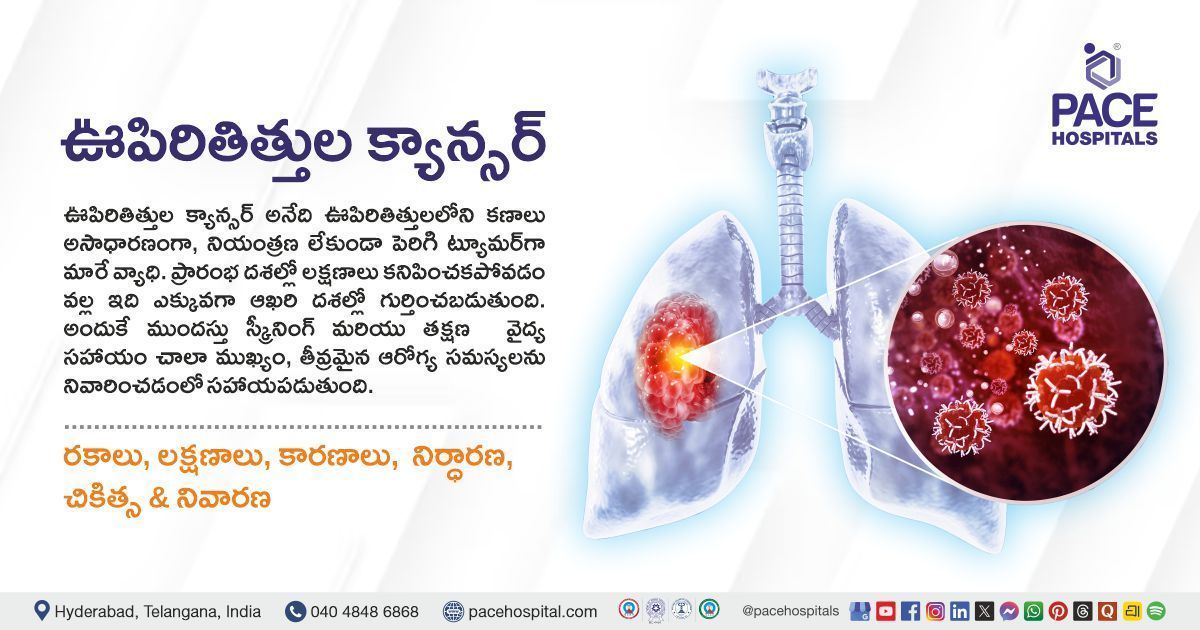Successful Total Knee Replacement (TKR) for Osteoarthritis in a 59-Y.O. Woman
PACE Hospitals
PACE Hospitals’ expert Orthopaedic team successfully performed a Total Knee Replacement (TKR) on the right knee of a 59-year-old female patient, who presented with pain and swelling in the right knee for the past few months, along with difficulty in performing daily activities such as walking and standing. The surgery was performed to relieve pain, improve joint function, and enhance the patient’s overall mobility and quality of life.
Chief Complaints
A 59-year-old female patient with a
body mass index (BMI) of 23.2 presented to the Orthopaedics Department at
PACE Hospitals, Hitech City, Hyderabad, with complaints of pain and swelling in the right knee for the past few months. The symptoms were associated with restricted movement and difficulty performing routine daily activities, such as walking and standing. The pain had gradually worsened over time.
Past Medical History
The patient had no history of trauma or involvement of other joints and no known history of drug allergies or chronic illnesses. The absence of comorbid conditions was considered clinically favourable, as it minimised the risk of intraoperative and postoperative complications and supported a smoother, more stable recovery.
On Examination
On general examination, the patient was conscious, coherent, and cooperative. There were no signs of pallor, icterus, cyanosis, lymphadenopathy, or clubbing. Vital signs were stable, with normal pulse rate, blood pressure, temperature, and oxygen saturation on room air.
On systemic examination, the right knee showed joint effusion and medial joint line tenderness. Range of motion in the right knee was painfully restricted, and there were no distal neurovascular deficits (DNVD).
Diagnosis
Following the clinical examination, the Orthopaedics team conducted a comprehensive assessment, including a detailed review of the patient’s medical history and a focused evaluation of the right knee joint.
To confirm the diagnosis and assess the extent of joint involvement, a comprehensive clinical and systemic examination was performed. Laboratory investigations indicated the presence of significant abnormalities like severe anemia with microcytic hypochromic red cells, indicating iron deficiency. The findings were consistent with osteoarthritis of the right knee, showing signs of joint effusion, medial joint line tenderness, and painfully restricted range of motion, with no distal neurovascular deficits.
Based on the confirmed diagnosis, the patient was advised to undergo Osteoarthritis treatment in Hyderabad, India, under the care of the Orthopaedic Department, ensuring comprehensive management.
Medical Decision Making (MDM)
After a detailed consultation with Dr. Raghuram, Consultant Orthopaedic Surgeon, a comprehensive evaluation was carried out to determine the most appropriate diagnostic and therapeutic approach. Considering the history and review of the patient’s clinical presentation and imaging studies, a comprehensive assessment was carried out to determine the optimal treatment plan.
Based on the detailed investigations, including blood investigations and clinical examination, confirmed advanced osteoarthritis of the right knee, characterized by pain, swelling, joint effusion, and restricted range of motion. It was determined that the patient had end-stage osteoarthritis of the right knee, causing chronic pain, limited mobility, and difficulty in performing daily activities. Total Knee Replacement (TKR) on the right side was identified as the most effective intervention to relieve pain, restore joint function, and improve overall quality of life.
The patient and her family were counselled regarding the diagnosis, the planned surgical procedure, its associated risks, and its potential to alleviate symptoms and improve her quality of life.
Surgical Procedure
Following the decision, the patient was scheduled to undergo Right Total Knee Replacement Surgery in Hyderabad at PACE Hospitals, under the supervision of the expert orthopaedic Department.
The following steps were carried out during the procedure:
- Anesthesia and Positioning: The patient was brought to the operating room and positioned supine on the operating table. The procedure was carried out under spinal anesthesia to ensure effective pain control. A tourniquet was applied to the right thigh to maintain a bloodless surgical field during the operation.
- Surgical Approach: A midline incision was made over the right knee, followed by a medial parapatellar approach to gain access to the joint. This standard technique allows optimal exposure of the knee joint for accurate implant placement and alignment.
- Joint Exposure and Debridement: Once the joint was exposed, careful debridement was performed. All osteophytes (bony overgrowths) were removed, and the meniscus was excised to clear the joint space and prepare the surfaces for prosthetic implantation. This step helps in restoring the natural alignment and preventing future impingement.
- Bone Cuts and Preparation: Bone cuts were made on both the femur and tibia using chamfer techniques to shape the surfaces for prosthetic placement. Femoral preparation was done meticulously to accommodate the implant and ensure proper rotation and stability of the knee.
- Trial Implant and Gap Balancing: Trial components were inserted to assess the fit, alignment, and stability of the joint. Gap balancing was carried out to ensure equal flexion and extension gaps, which is crucial for optimal joint function and implant longevity.
- Final Implantation: Following successful trailing, the definitive Meril Gold knee implant was inserted. The implant was secured in place, confirming proper alignment and movement through a range of motion.
- Wound Closure and Dressing: A suction drain was placed to minimize postoperative fluid accumulation. The surgical wound was then closed in layers using standard closure techniques. A compression bandage was applied over the knee to reduce swelling and provide support during the immediate postoperative period.
Postoperative Care
The postoperative period was uneventful. The patient was mobilized early and encouraged to walk with support during the hospital stay under the supervision of the physiotherapy and nursing teams. She received appropriate intravenous antibiotics, analgesics, and other supportive treatment throughout her recovery.
Regular wound dressings were performed, and the surgical site remained clean and dry with no signs of infection. The patient also underwent one unit of Packed Red Blood Cells (PRBC) transfusion during her hospital stay due to low hemoglobin levels. At the time of discharge, the patient was hemodynamically stable, free from significant pain, and the surgical wound appeared healthy.
Discharge Medication
Upon discharge, the patient was prescribed a comprehensive medication regimen tailored to support postoperative recovery and prevent complications. This included antibiotic to reduce the risk of surgical site infection, and an anti-inflammatory enzyme preparation to manage local inflammation and swelling. A proton pump inhibitor (PPI) was included to protect the gastrointestinal tract from irritation caused by other medications. An antiplatelet agent was prescribed to lower the risk of thromboembolic events during the postoperative period. Additionally, the patient was advised to take vitamin D and vitamin C supplements to support bone healing, enhance immunity, and promote overall recovery.
Advice on Discharge
The patient was advised to undergo walking training and stair case training for one week as part of her physiotherapy. She was instructed to maintain a normal diet. She was also advised to continue physiotherapy as recommended and to strictly follow the Total Knee Replacement (TKR) rehabilitation protocol to ensure optimal recovery and joint function.
Emergency Care
The patient was informed to contact the emergency ward at PACE Hospitals in case of any emergency or development of symptoms such as fever, leg pain, and vomiting.
Review and Follow-Up
The patient was advised to return for a follow-up visit with the Orthopaedic Doctor in Hyderabad at PACE Hospitals after one week for a dressing change and further evaluation.
Conclusion
This case highlights the effectiveness of total knee replacement (TKR) surgery in restoring knee alignment and function, reducing pain, and improving quality of life in patients with severe osteoarthritis, enabling a return to daily activities after recovery.
The Importance of Precision and Quality Implants, A Orthopaedic Surgeon’s Approach
The procedure was performed using a standard, evidence-based surgical technique to ensure the best possible outcome. A midline incision with a medial parapatellar approach was used to provide optimal exposure of the knee joint, allowing precise visualization and accurate alignment during implant placement. A Meril Gold knee implant was selected, known for its reliability and excellent clinical results.
The orthopaedic doctor / orthopaedic surgeon employed precise bone cuts using chamfer techniques to prepare the joint surfaces, while meticulous gap balancing was performed to achieve stability in both flexion and extension. Surgical precision by the orthopaedic doctor and appropriate implant selection are vital for ensuring long-term joint function and prosthesis longevity.
Share on
Request an appointment
Fill in the appointment form or call us instantly to book a confirmed appointment with our super specialist at 04048486868

